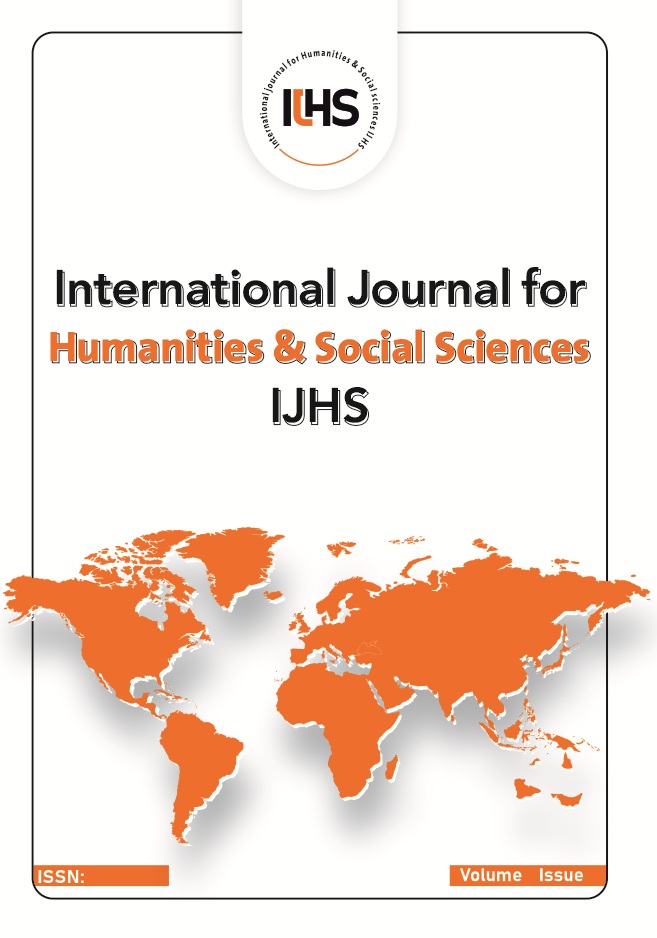أهم الإصلاحات في نظام التعليم في نيجيريا ومكانة الدراسات العربية
محتوى المقالة الرئيسي
الملخص
الملخص:
"الإصلاح في التعليم" هو النقطة المركزية في هذه الورقة التي تناقش المفهوم الحرفي والتقني لكلمة "الإصلاح" فيما يتعلق بالتعليم. نرجع بالذاكرة إلى الإصلاحات في التعليم في نيجيريا منذ حقبة ما قبل الاستعمار حتى الوقت الحاضر. تاريخياً ، كانت اللغة العربية هي الوسيلة الرسمية الأولى للتواصل واللغات أثناء خلافة سوكوتو (1804-1903) وعانت لاحقًا من الإهمال والمعاملة غير العادلة بسبب الإصلاحات المختلفة في قطاع التعليم في البلاد خلال الحقبة الاستعمارية وحتى بعد استقلال. تهدف الورقة إلى دراسة كيفية تأثير هذه الإصلاحات على الدراسات العربية من حيث التنمية أو غير ذلك ، والعوامل المختلفة المساهمة. المنهجية الرئيسية المستخدمة في جمع البيانات هي المقابلات والاستبيانات التي تم تعميمها على عدد من الخبراء العرب والمتخصصين في إصلاح التعليم بالإضافة إلى بعض الأساليب الأخرى التي تم الاستفادة منها. تكشف الورقة أن اللغة العربية كانت أول لغة عالمية أخرجت النيجيريين من الأمية. هكذا صارت اللغة هي لغة دينهم. أن اللغة تأثرت سلبًا من خلال إصلاحات التعليم المختلفة التي تسببت في بعض النكسات. وأصبحت فيما بعد واحدة من الدورات المعترف بها في نظام التعليم النيجيري.
تم تقديم توصيات مختلفة ، منها أن اللغة العربية يجب أن تكون أحد الأسباب الأساسية في المناهج الوطنية. وأن تحظى المدارس العربية الخاصة بمزيد من الاهتمام من الحكومة لتنميتها.
تفاصيل المقالة

هذا العمل مرخص بموجب Creative Commons Attribution 4.0 International License.
International Journal for Humanities and Social Sciences (IJHS) is licensed under the http://creativecommons.org/licenses/by/4.0, which allows users to copy, create extracts, abstracts, and new works from the article, alter and revise the article, and make commercial use of the article (including reuse and/or resale of the article by commercial entities), provided the user gives appropriate credit (with a link to the formal publication through the relevant DOI), provides a link to the license, indicates if changes were made, and the licensor is not represented as endorsing the use made of the work. The authors hold the copyright for their published work on the IJHS website, while IJHS is responsible for appreciate citation of their work, which is released under http://creativecommons.org/licenses/by/4.0, enabling the unrestricted use, distribution, and reproduction of an article in any medium, provided that the original work is properly cited.

